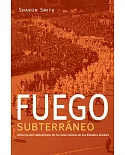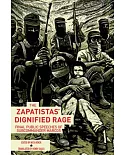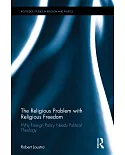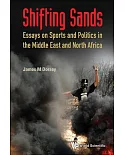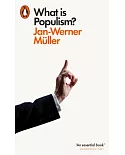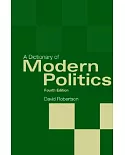This timely book offers an in-depth exploration of state partitions and the history of nationalism in Europe from the Enlightenment onwards. Stefano Bianchini compares traditional national
democratic development to the growing transnational demands of representation with a focus on transnational mobility and empathy versus national localism against the EU project. In an era of
multilevel identity, global economic and asylum seeker crises, nationalism is becoming more liquid which in turn strengthens the attractiveness of ‘ethnic purity’ and partitions, affects state
stability, and the nature of national democracy in Europe. The result may be exposure to the risk of new wars, rather than enhanced guarantees of peace.Included is a rare and insightful
comparative assessment of the lessons not learned from the Yugoslav demise, the Czechoslovak partition, the Baltic trajectory from USSR incorporation to EU integration, and the impact of
ethnicity in Bosnia-Herzegovina. Beyond their peculiarities, these examples are used to critically assess the growing liquidity of national identities and their relationship with democracy.
Those seeking a deeper understanding of the European partition experience will find this an immensely valuable resource.



